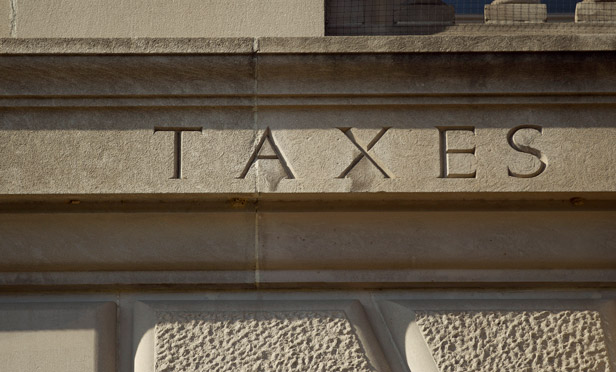
 IRS headquarters in Washington. (Photo: Bloomberg)
IRS headquarters in Washington. (Photo: Bloomberg)
The White House is developing a plan to cut taxes by indexing capital gains to inflation, according to people familiar with the matter, in a move that would largely benefit the wealthy and may be done in a way that bypasses Congress.
Consensus is growing among White House officials to advance the proposal soon, the people said, to ensure the benefit takes effect before President Donald Trump faces re-election in 2020.
Revamping capital gains taxes through a rule or executive order likely would face legal challenges, a concern that reportedly prompted former President George H.W. Bush's administration to drop a similar plan.
A White House spokesman didn't immediately respond to a request for comment.
Indexing capital gains would slash tax bills for investors when selling assets such as stock or real estate by adjusting the original purchase price so no tax is paid on appreciation tied to inflation.
Wealthiest Benefit
Most of the benefits would go to high-income households, with the top 1% receiving 86% of the benefit, according to estimates in 2018 by the Penn Wharton Budget Model. The policy could reduce tax revenue by $102 billion over a decade, the model found.
The change in capital gains tax calculation would have little chance of passing Congress, which is why the White House is considering making the change on its own. The House would likely oppose legislation to make the change as many Democrats have raised objections to the GOP's 2017 tax cuts, saying they disproportionately helped the wealthy.
The work is largely taking place at the White House because the Treasury Department has been slow-walking the process, over concerns that the change could be challenged on legal grounds and that it might require Congress to rewrite the law, the people said.
But Trump has told confidants recently that he remains deeply invested in making the change, they said. Trump last year said in an interview with Bloomberg News that he was considering indexing capital gains to inflation.
Officials inside the White House remain split over whether Trump should attempt to push it through via executive order and risk a legal challenge.
Treasury Secretary Steven Mnuchin said last year that he was studying whether the administration could sidestep Congress and issue a rule to allow capital gains to be indexed to inflation.



